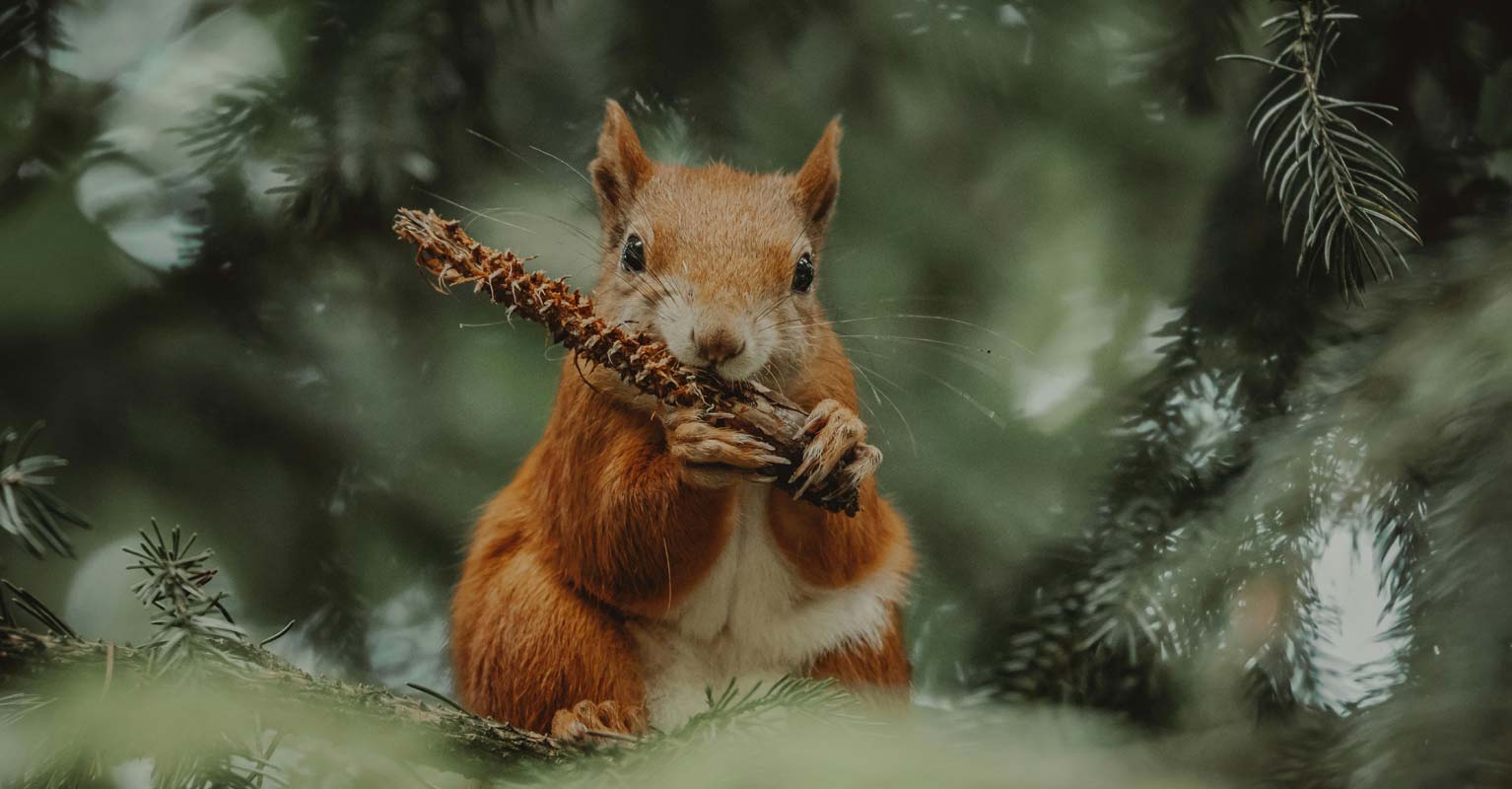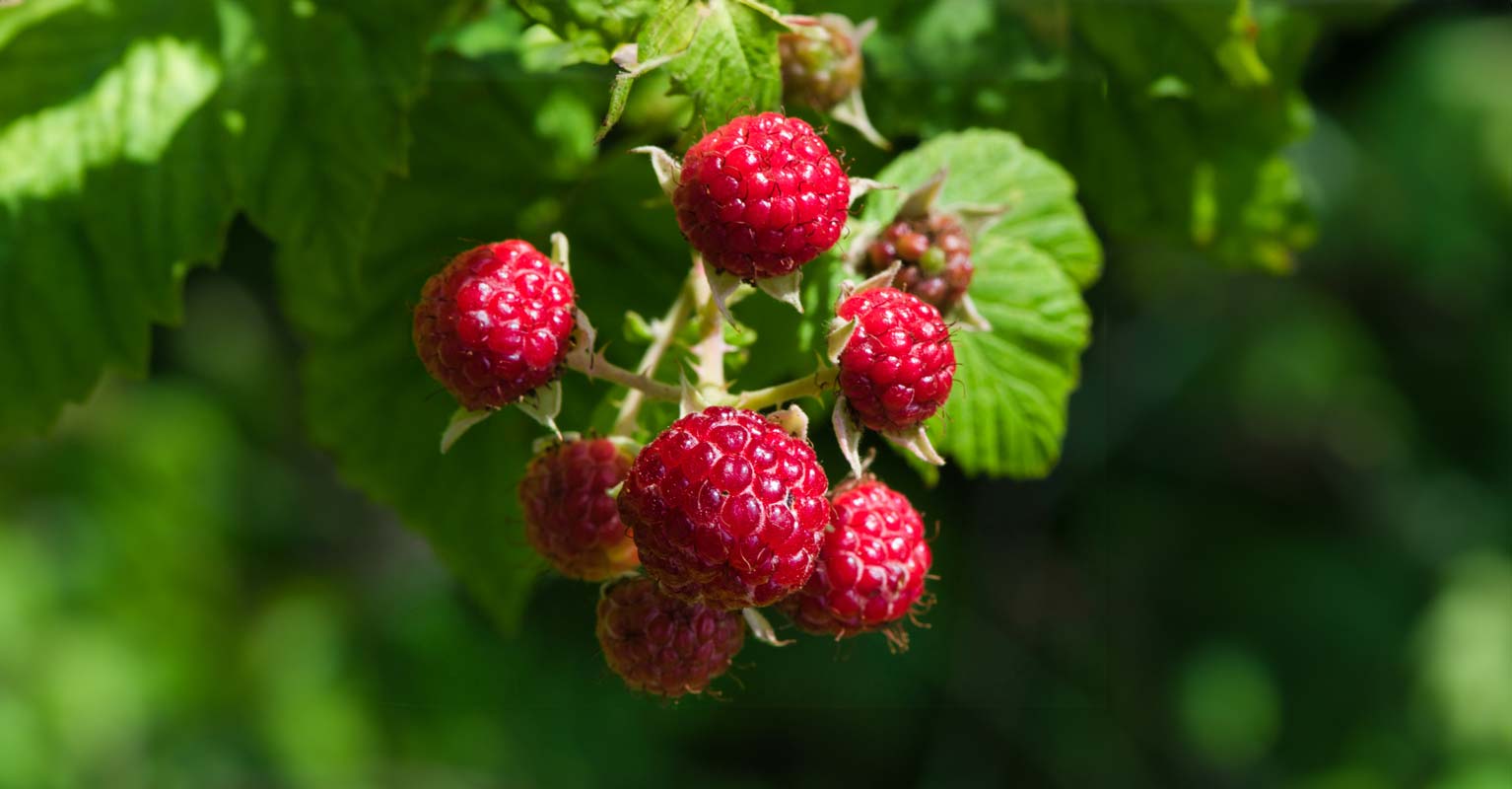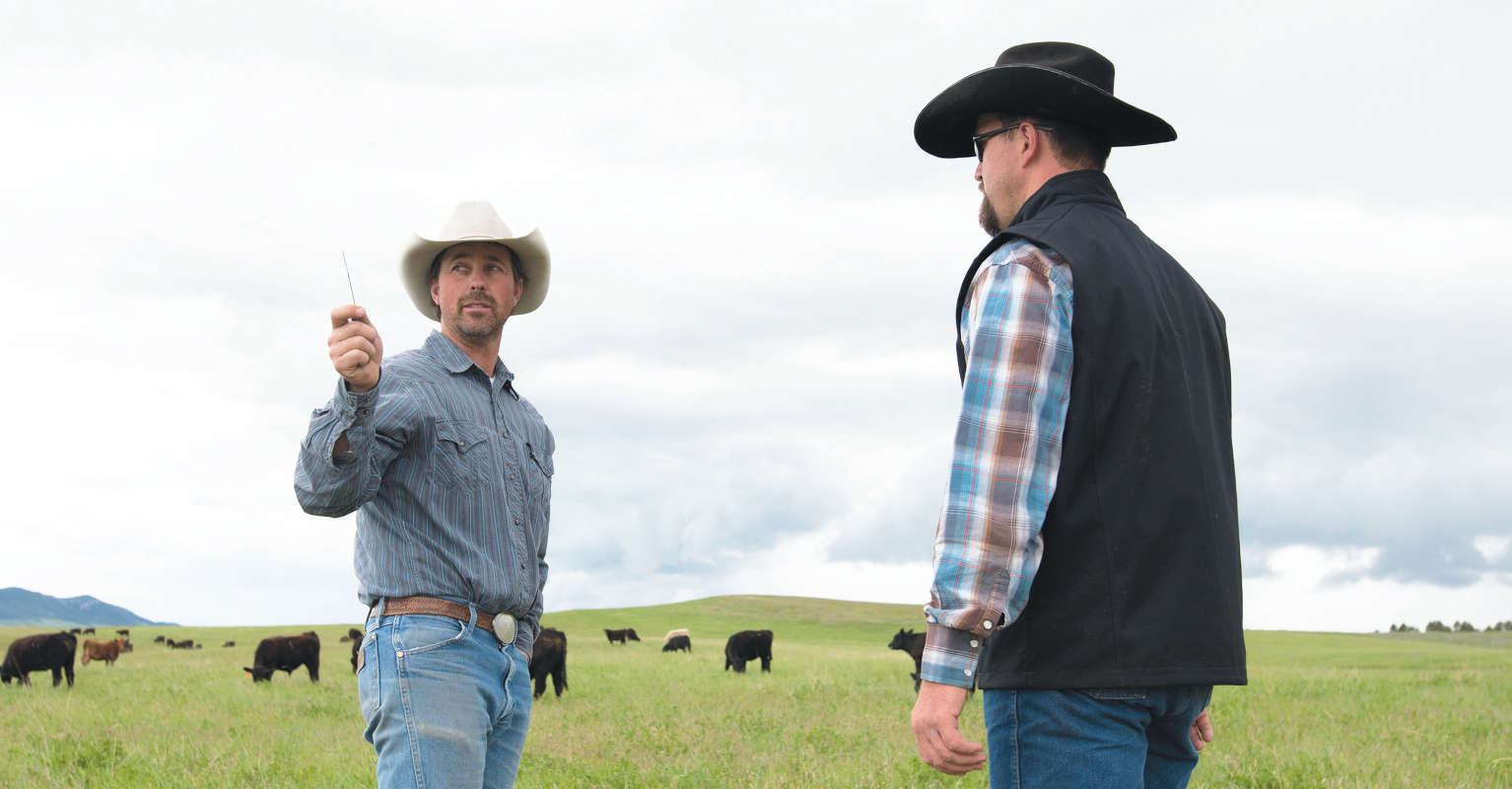Local Businesses Use Innovation and Talent to Curb Food Waste
It’s early morning. I’m making my daily commute down Main Street. Fresh snow has just fallen— a sparkling mask over the leaves of autumn. As I pass rows of trees, I marvel at the sunrise over the Bridgers. I admire their freshly painted appearance, rays of sun gently brushing across dramatic peaks. The earliness of this morning is cushioned by a sunset-colored glow. It is overwhelming.
Living in a place like Bozeman, it’s hard not to marvel at the natural world. Epic landscapes are part of the reason so many have chosen to settle down here. Unfortunately, steady development and urbanization take a toll on this place we call home.
There are many local businesses working to lessen their impacts on our environment and reduce their carbon footprints. One such effort is to reduce food waste. According to the Environmental Defense Fund, when food breaks down in the landfill it releases methane gasses that contain around 80 times the warming power of carbon dioxide in the first 20 years present in the atmosphere. The U.S. Department of Agriculture estimates that 30–40 percent of the U.S. food supply is thrown away—an amount of uneaten food totaling over $161 billion every year. One major contributor to food waste is a consumer industry that devalues blemished or misshapen produce.
A societal distaste for bruised apples, lumpy carrots, and squat tomatoes drives farmers to toss produce deemed too unattractive for the consumer. Every year, farmers are left with unattractive produce that they can’t sell, resulting in wasted food, time, money, water, and energy. Fortunately, environmentally minded entrepreneurs are finding ways to curb the wasteful grocery store beauty pageant. By prioritizing the use of misshapen fruits and veggies, “ugly” produce is given new life away from the trash can.
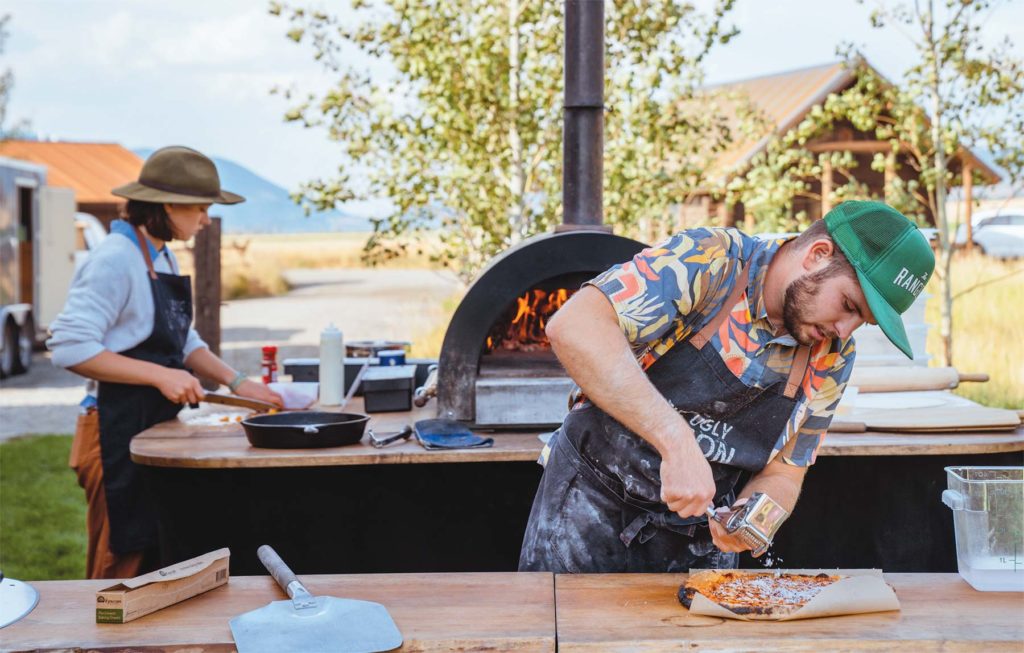
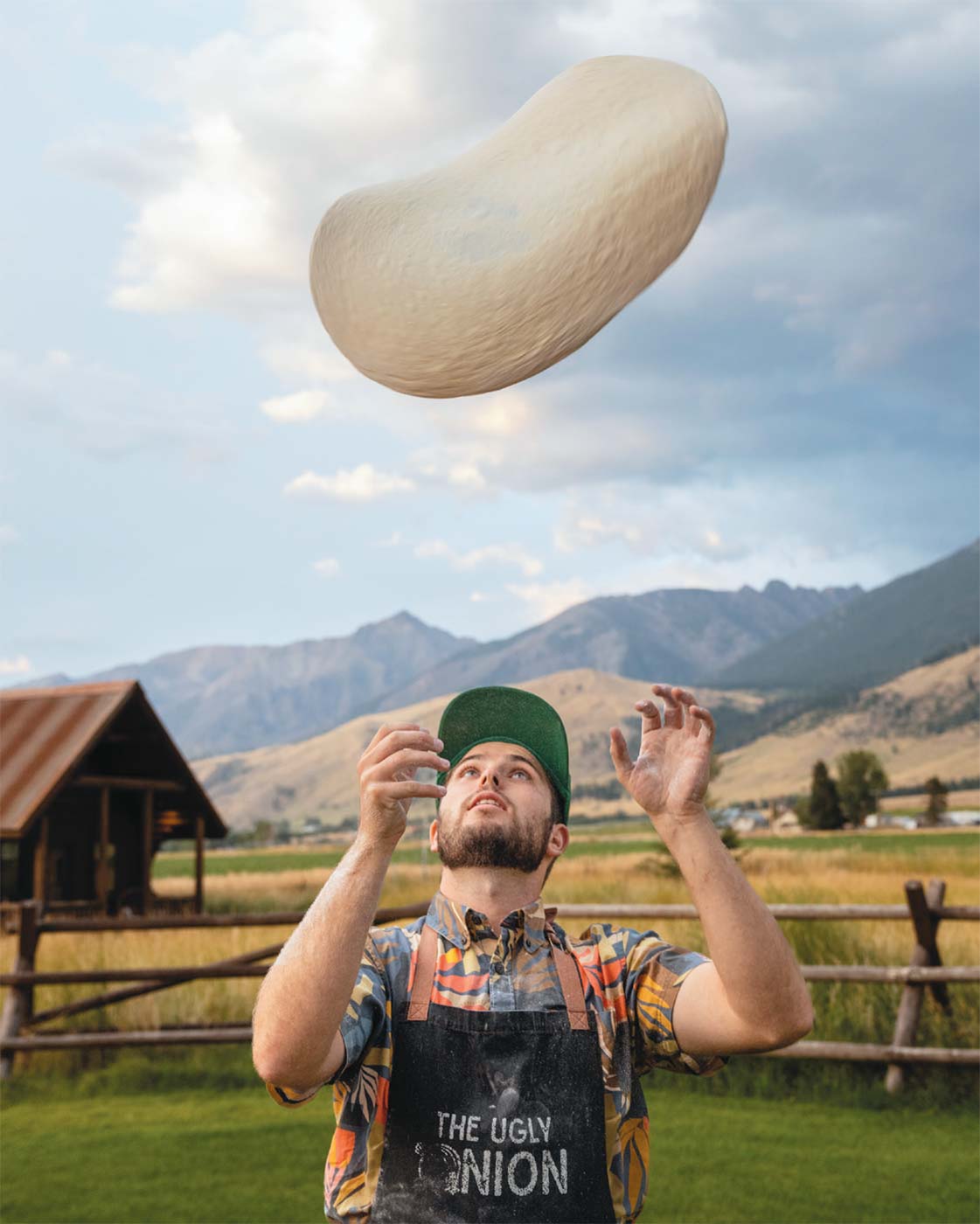
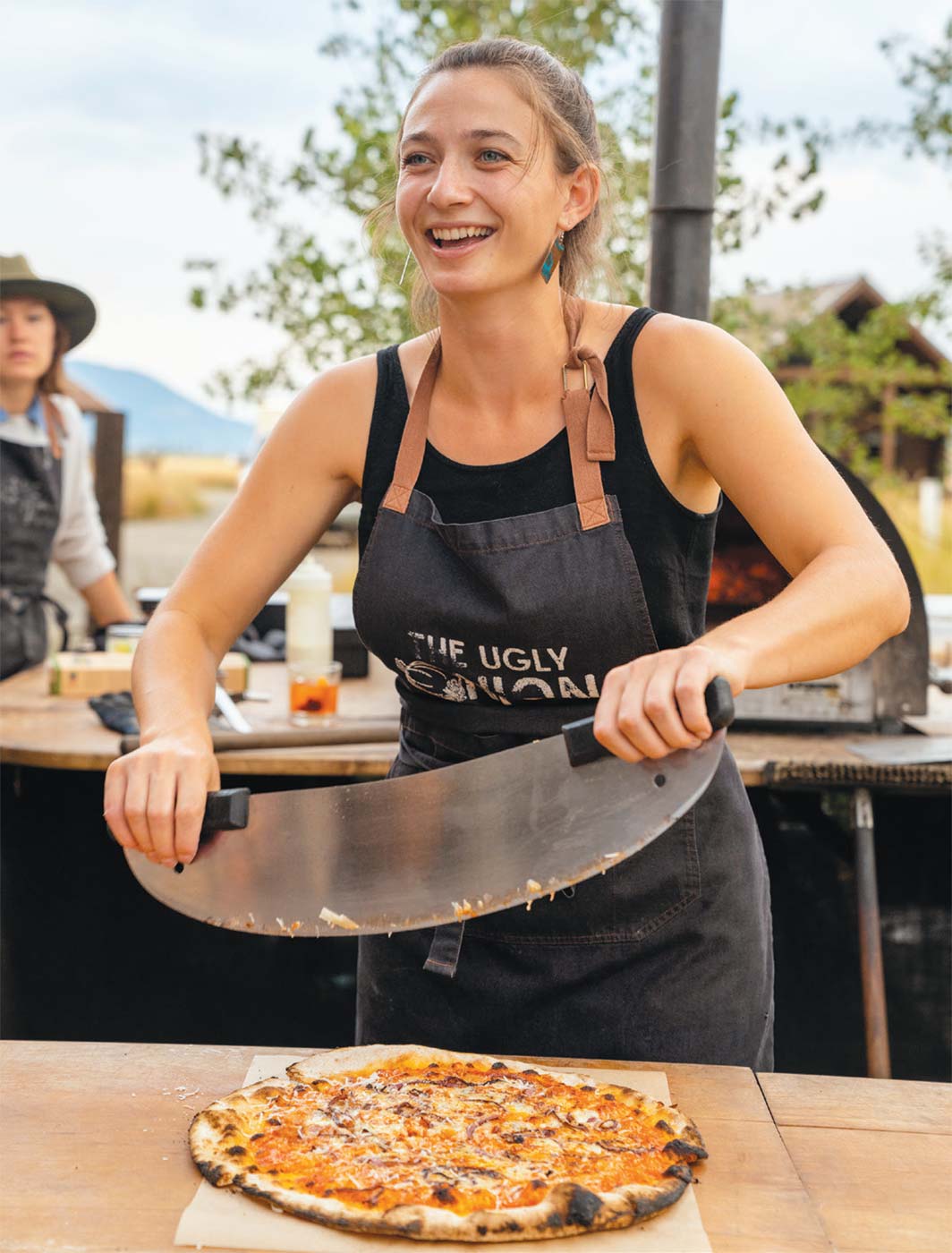
THE UGLY ONION
One such business is The Ugly Onion. You may recognize the name from their summer tent on the lawn of Treeline Coffee Roasters, or from their pastries sold in the Treeline cafés. This completely mobile pizza company gets its name from its use of unattractive produce. The Ugly Onion is the brainchild of Max Buskey, formerly of New Hampshire.
As a high schooler, Buskey helped build his school’s wood-fired pizza oven. Later, while in college in Vermont, he bought his own oven and, with the help of one of the original chefs at American Flatbread, he began catering events. Buskey was inspired to combine his love of sustainability and pizza, and thus, The Ugly Onion was born.
He fell in love with Bozeman during a trip to Montana to visit family and relocated to the area in 2019. Now, he prepares wood-fired pizzas at events across southwest Montana with the help of his partner, Gretta Stack.
Buskey recognizes the potential for pizza to help reduce food waste. In fact, misshapen fruits and vegetables are wonderful contenders for sauces and pizza toppings and Buskey named his business after the children’s book The Ugly Duckling in the hopes that his pizza will provide a home for something imperfect.
The Ugly Onion sources its produce from a variety of farms across Montana. In the Bozeman area, Buskey purchases seasonal produce from Amaltheia Organic Dairy, Three Hearts Farm, and SporeAttic. The Ugly Onion also procures produce through the Western Montana Growers Cooperative, a local group dedicated to connecting farmers and buyers. “They’re a unique sourcing opportunity because we can source from Western Montana in one fell swoop,” Buskey says. “Lots of farms aren’t big enough to ship to Bozeman, so being able to connect with those farms [through the cooperative] is great.”
Buskey and Stack’s catering events around the Bozeman area offer a particular opportunity to raise awareness about food waste. “Catering is a way to bring food closer to people,” Stack says. “We don’t show up with bins of food we’ve pre-prepped. We bring the oven, set up the veggies, and people are usually roaming around and can watch it happen. People become much more engaged with their food in this environment.”
“We hope to challenge the consumer not to be afraid of a product that looks slightly different than what they’re used to. Be creative in how you utilize produce and recognize that farmers can’t control the appearance of their product.” —Vanessa Walston, Farmented Foods
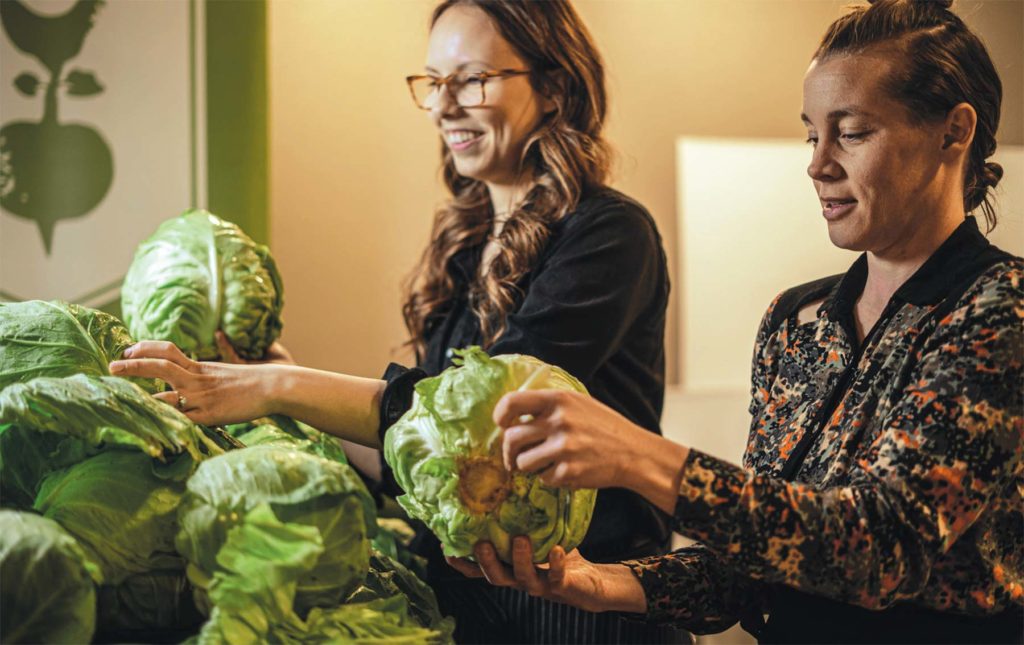
FARMENTED FOODS
Bringing people closer to the issue of food waste plays a big role in destigmatizing imperfect produce. Another business that makes delicious use out of ugly veggies is the Kalispell-based Farmented Foods. Farmented Foods is run by Vanessa Walsten and Vanessa Williamson who founded the company together in 2017 in Bozeman while attending MSU. The duo paired up during a final project for an interdisciplinary farm-to-market course within the business and agriculture departments. Their goal: Transform misfit produce into delicious fermented preserves. The project was so successful that classmates encouraged them to take their project further than the classroom.
Walsten and Williamson’s first products were radish kimchi, dill sauerkraut, and carrot chips, which remain fan favorites to this day. Fermented foods have a long shelf life and make use of veggies no matter their appearance. Since the company’s establishment, Farmented has diverted over 30,000 pounds of imperfect and excess produce from ending up in the trash.
Walsten and Williamson have created a brand that not only preaches sustainable habits but practices them as well. They strive to keep their business zero-waste by providing veggie trimmings to area livestock producers and offering a glass jar return program where customers receive a free jar of fermented goodies for every 10 empties they return. Additionally, leftover juices from the fermentation of carrots are used to make a probiotic sipping tonic called Fixer Elixir.
Impassioned to change consumer norms, Walsten and Williamson have made consumer education a priority. “It’s important to open communities’ eyes to the magnitude of this issue,” Walsten says. “We hope to challenge the consumer not to be afraid of a product that looks slightly different than what they’re used to. Be creative in how you utilize produce and recognize that farmers can’t control the appearance of their product.”
Rather than being overwhelmed by the task at hand, it is in our best interest to use creativity and community to build more sustainable systems and protect the places we love.
While reducing the stigma around so-called ugly produce can significantly impact food waste, it can also impact consumer prices. If a farmer can’t sell a portion of his or her produce due to visual imperfections, the farmer is likely to increase the price of what is sold to make up for the expenses of growing the wasted food.
Farmers such as the Brown family, who operate Amaltheia Organic Dairy, are happy to sell their unattractive produce. Nathan Brown, head of vegetable operations, makes it clear that those who can look past small imperfections help reduce crop waste. “These veggie [misfits] are just as good as Grade A crop,” he says, referencing the USDA’s vegetable crop grading that dubs those most aesthetically pleasing as “Grade A.” Crops that are visually subpar are often referred to as “seconds.” Selling “ugly” veggies isn’t Amaltheia’s only solution to crop waste; the farm donates goods leftover from the farmers markets to the food bank, and, in some cases, their livestock. By supplying produce to the food bank, Amaltheia not only reduces waste, but also makes farm-fresh produce available to those who otherwise might not be able to afford it.
Farms like Amaltheia are at the forefront of the food waste crisis as the first to be impacted by unsustainable food habits. “Food waste is a huge problem nationwide,” Brown says, adding that he enjoys using the farm’s vegetable seconds for salsa or marinara. In this way, he can give “new life” to misfit veggies by turning them into a value-added product that can be processed, stored, and enjoyed later.
It isn’t up to one single person to solve global issues such as food waste. Small moves toward reducing individual and community waste make all the difference. Although the climate crisis can seem daunting, steps like the ones these businesses have taken shift our focus in the right direction. Rather than being overwhelmed by the task at hand, it is in our best interest to use creativity and community to build more sustainable systems and protect the places we love.
To learn even more about our community’s effort to reduce food waste, click here.


